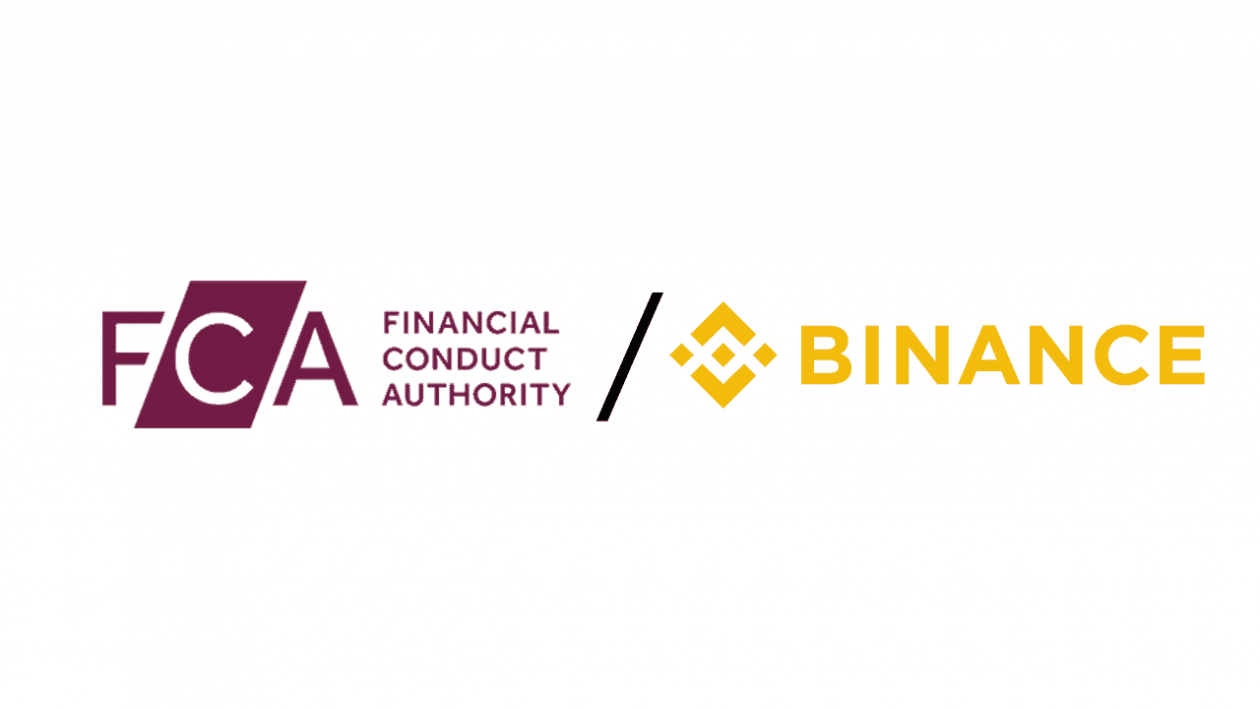The U.K.’s Financial Conduct Authority (FCA) has announced that “Binance Markets Limited is not currently permitted to undertake any regulated activities without the prior written consent of the FCA.”
Outlining the restrictions on activities for Binance, the FCA stated that by the close of business on June 30, Binance — the world’s largest cryptocurrency exchange — must prominently display on its website and all its other communications and social media channels the following notice:
“BINANCE MARKETS LIMITED IS NOT PERMITTED TO UNDERTAKE ANY REGULATED ACTIVITY IN THE UK. Due to the imposition of requirements by the FCA, Binance Markets Limited is not currently permitted to undertake any regulated activities without the prior written consent of the FCA. (No other entity in the Binance Group holds any form of UK authorisation, registration or license to conduct regulated activity in the UK).”
By regulated activities, the FCA means Binance Markets Limited is not allowed to advertise to U.K. customers, collect data on them or offer any financial services.
In addition to the above stipulations, Binance is required to preserve all records and information relating to its U.K. consumers in its computer systems and store them in a U.K.-based location. The firm must also inform the FCA by July 2 that they have followed these instructions and be prepared to provide the records upon request.
As a subsidiary of Binance group, Binance Markets Limited owns Binance U.K., which was initially intended to launch last year but never received FCA approval. Binance U.K. would have allowed British citizens to open virtual bank accounts.
U.K. citizens can still access Binance crypto exchange
Despite the restrictions on Binance to provide any FCA regulated offerings in the U.K., crypto traders in Britain can continue to access the Binance crypto exchange.
“Binance Markets Limited (BML). BML is a separate legal entity and does not offer any products or services via the Binance.com website,” A Binance spokesperson told Forkast.News. “The Binance Group acquired BML May 2020 and has not yet launched its U.K. business or used its FCA regulatory permissions.”
“The FCA U.K. notice has no direct impact on the services provided on Binance.com,” added the Binance spokesperson, whose company policy did not permit spokespeople to be named. Our relationship with our users has not changed.”
For now, British Binance users can continue to trade on Binance, at least until March 31, 2022, which is the current deadline for all crypto asset businesses to register with the FCA if they wish to remain operational.
The spokesperson for Binance did not comment directly on whether the company would be registering according to the requirements of the FCA’s “Temporary Registration Regime,” but added: ‘We take a collaborative approach in working with regulators and we take our compliance obligations very seriously. We are actively keeping abreast of changing policies, rules and laws in this new space.”
Crypto’s maturing regulatory landscape
Binance — which had a global trading volume of US$31.24 billion over the last 24 hours and serves over 13.5 million customers in 180 countries — is among the crypto exchanges that are now being targeted by financial authorities around the world. Binance is reportedly also under investigation by the U.S. Department of Justice and Internal Revenue Service.
“This feels like a long time coming. The area that some crypto companies operate in is grey at best,” said Nick Saponaro, co-founder and chief information officer at Divi, a financial services provider focused on digital currency, in an email to Forkast.News. “These events prove that while blockchain may be decentralized and borderless, the technologies built to support open and public blockchains are not. Is this event a net-negative for the space? No. I think it shows maturity.”
On June 25, Japan’s Financial Services Agency also issued a warning to Binance customers that the exchange had not registered with the regulator. The FSA warned Japanese crypto traders that Binance is operating in the country without the regulator’s permission.
“Regulation was a given, which may come as a disappointment to crypto die-hards but the writing has been on the wall for years,” Saponaro said. “Those that work within these boundaries will become the Amazons, Googles, and Facebooks of tomorrow, while the edgier projects may find it increasingly difficult to operate.”





